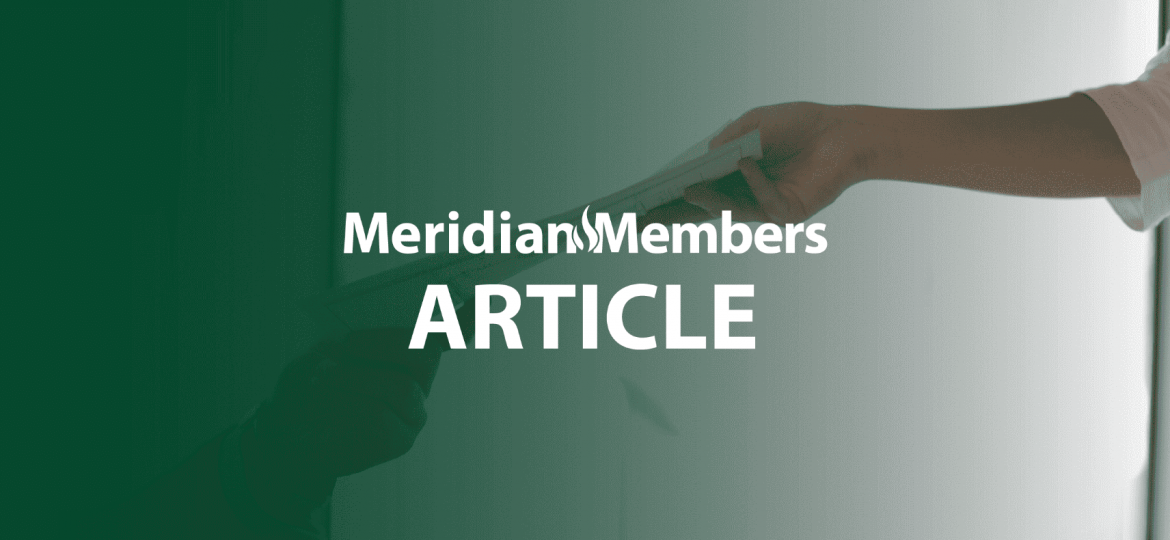
Are you staggered by the increases in your company’s insurance costs? If so, you are not alone. Take these proactive measures to contain further increases.
Effective Underwriter Communication – The single most important action you can take to lower premiums is to effectively communicate your business to the person who actually sets your premiums. Most underwriters never hear directly from the customer and set rates based purely on the customer’s “file” as provided by the sales rep. That means you must make the effort to contact your underwriter if you are serious about lowering your rates. The underwriter must understand your business including but not limited to what needs to be covered and what doesn’t. Many companies now put together an insurance information “book,” similar to a financing proposal but with an insurance slant, which details the coverage needed, upgraded equipment, plus highlights of important safety features that would lower premiums.
Outsource a Risk Management Specialist – Rather than using even an independent insurance broker, who is still paid a percentage of your premiums, consider the alternative — a risk management specialist that receives compensation based upon the savings they can bring to the table. One of the best things about this outsourcing arrangement is that it makes the professional’s fee self-funding. Their job is to get you exactly the insurance coverage you need at the best price. Included in this person’s job is preparation of your company’s information book so they can secure the lowest rates.
Review Your Coverage for Duplication and Deductibles – If your company is too small for an outside risk manager, review your own policies to discover and eliminate duplicate coverage. Ask the question of yourself “What should be covered?” “Are we insuring anything that doesn’t need insurance?” While conducting your review, examine and note any deductibles that could be raised for premium savings without adding undue risk.
Driver Background Investigation – Since vehicle liability is often the most expensive part of a petroleum or propane operation’s insurance premiums, conduct driver history and background checks during your pre-hire procedures. Do not hire any driver with questionable history and make your underwriter aware of this hiring procedure.
Reward Safety – Any ongoing safety program grows teeth when it is backed up by dollars paid to safe employees. Several Meridian clients report success with pools of safety funds that grows each day there are zero accidents on the job. The pool is shared with the employees. Be sure your underwriter is aware of your safety rewards.
Get Serious About Safety Training — A reward program can only work in tandem with a good ongoing training program. Don’t just give lip service to safety training. A formalized program prevents accidents and helps lower your premiums. Make sure there is one individual in your company that has personal job responsibility for your overall safety training.
Pay Small Accidents Out of Pocket – Each accident, no matter how minor, gets calculated into your risk rating. Whenever possible, avoid claims on small incidents by taking care of them directly. Make sure your staff is aware of your “small accident” dollar threshold.
Consider Co-op Groups – Many trade associations and more and more groups of private businesses, are forming insurance co-operatives to help lower insurance costs. Investigate what may already be available to your company through your membership in various existing trade associations. You may be surprised by readily available options.
Consider Self-insurance of Certain Risks – The degree to which you can safely self-insure will depend upon your company’s financial position and your company’s typical risks. You might start small, for instance with a self-insured dental plan, then add other coverage as you become comfortable with the self-insured environment. Never rely upon self-insurance for catastrophic losses. Self-insurance should always be backed up with purchased catastrophic policies.
Pass on the Premiums – Some wholesale marketers have reported success with tacking on a per-gallon or per-load insurance fee rather than try to recapture those costs in their gross margin. They are finding customer acceptance of an insurance surcharge more favorable than an increase in fuel price.
Insist on prompt notification of premium changes – A marketer recently reported that their insurance company did not disclose their new premium until one day before renewal! Unless you want to be held hostage by your current insurance company, insist on notification dates and have other insurers in the wings. The bid process helps with timeliness plus keeps rates down.
If you take these proactive steps, you may find you cannot only contain your insurance costs, but you may even lower them!

